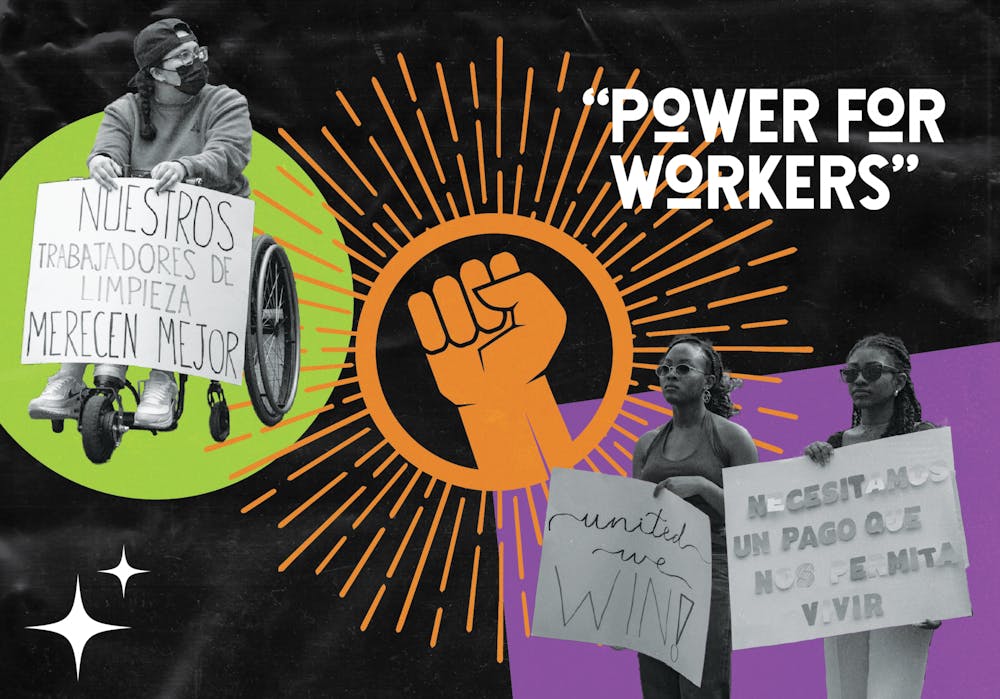Five years ago, when UNC history professor Erik Gellman asked students in his course The Worker and American Life what words they associated with unions, the answers were “corrupt,” “take your money” and “don’t need them anymore.”
Now, he said the responses from his students are “economic justice,” “anti-racism,” “equality” and “power for workers.”
A recent nationwide spike in support for labor unions has pushed more than 70 universities to host teach-ins focused around labor unions, worker rights and power. UNC will host its own Labor Spring event this Friday.
The Labor Spring event will feature a variety of speakers from different labor unions and organizations. Gellman, a main organizer of the event, said these include the North Carolina Public Service Workers Union — also known as UE Local 150, National Nurses United, the Duke Graduate Students Union and the North Carolina chapter of the American Federation of Labor and Congress of Industrial Organizations.
This event will take place from 12 p.m. - 1 p.m. at Polk Place and again from 5 p.m. - 6 p.m. at the Love House on Franklin Street, with refreshments provided at both locations. The times are geared to be accessible for people who are working, Cristian Walk, a graduate student who helped organize the Labor Spring event, said.
Ellie Campbell, a member of UE Local 150, hopes the Labor Spring event can raise more awareness for the main goal of union members at UNC: living wages for housekeepers and graduate students.
“I hope we'll just continue to promote awareness of what we're doing on campus,” Campbell said. “And then also maybe, hopefully get some more support for our campaigns.”
Nationwide support for unions is at 71 percent, the highest it’s been since 1965, according to a 2022 Gallup poll. Some organizers believe the disruption of the pandemic largely contributed to this support, as national attention focused on the working conditions of individuals deemed essential or frontline.
“2020 is the start of the pandemic, and one of the things that happened was that it really showed the cracks in the American working system,” Campbell said. “A lot of people lost their jobs with very little notice. A lot of other people had to work under unsafe conditions without any support, really.”




